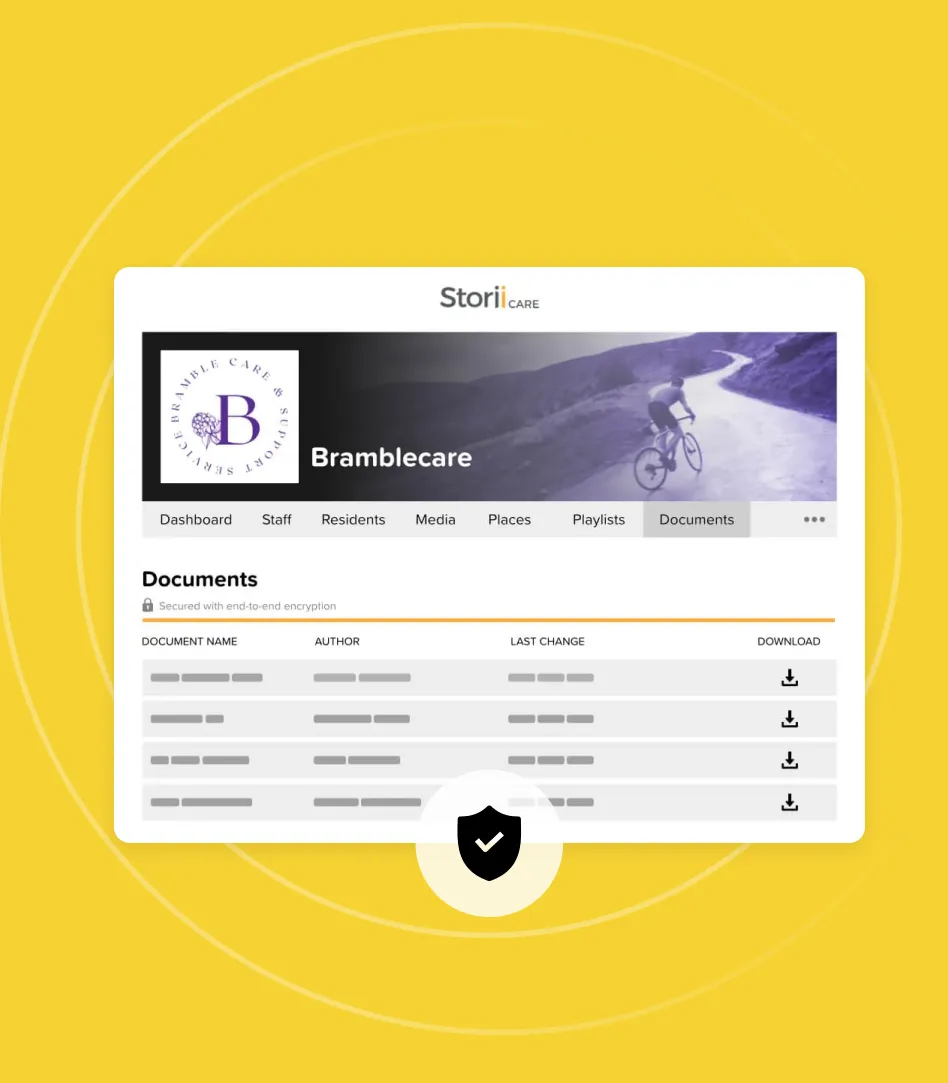Nutrional Health Challenges Older Adults Face
We live such incredibly busy lives that we often forget to watch what we eat. Before leaving the house in the morning, we often grab a bagel and have some coffee. Then we completely forget to have lunch, and end up home starving and eating all the wrong foods after 8 pm in the evening.
Maintaining good nutrition is easier said than done. With so much junk food everywhere, people don’t realise that their health is at risk. Younger adults have stronger metabolisms; they have optimum muscle strength and are less prone to developing chronic illness. But that can’t be said about the elderly. With age, the body changes drastically. We gain weight a lot faster, eventually triggering serious health issues that may not be remedied.
There are several nutritional challenges seniors must overcome in order to live a happy, fulfilling lifestyle. Let’s check them out to see what can be done to manage them.
Loss of appetite
Many older adults experience loss of appetite. As we age, our senses of smell and taste deteriorate. We start eating less, and when we do eat, we may not eat right. Ignoring the advice of your nutritionist can have severe repercussions in the long term. When the body doesn’t get enough nutrients from food, it becomes weak. Dizziness, brittle bones, and even heart conditions may start to materialise within your body.
To overcome this challenge, older adults should make time to enjoy the food they eat. If you’re out of ideas, ask a friend or check the internet for guidance. There are plenty of tasty new recipes that you can cook to excite your taste buds. In some cases, you may be required to take vitamin supplements to kick start your metabolism and give your body more drive to eat the right types of foods.
Dehydration
Many older adults experience dehydration, and the reasons vary. Seniors can have difficulty conserving water or can have a reduced thirst reflect. As a result, they can go throughout the day without feeling thirsty but still be passing urine. Many wrongfully assume that too many fluids may trigger overactive bladder issues, however, this is not typically the case. In the summer especially, drinking water is vital. Chronic medical conditions and some medications also increase dehydration risks.
In terms of complications, the most common are low blood pressure, headaches, constipation, and rapid heartbeat. Severe complications can occur, like brain swelling, kidney failure, and acute seizures. If tap water is not really your favourite daily beverage, you can always switch to sugar-free lemonade or eat more watermelon and other water-based fruits.
Weight gain vs. weight loss
Older seniors may experience both weight gain and weight loss when they don’t adhere to a proper nutrition plan. In general, the elderly have slower metabolisms. Their bodies burn fewer calories, and they often don’t have the energy to exercise or go to the gym. That might happen due to chronic medical conditions, such as arthritis or osteoporosis.
A slow metabolism that doesn’t fight back, powered with no physical activity may trigger obesity. In other cases, lack of appetite and additional medical concerns may trigger sudden weight loss in older adults. A lot of seniors can’t afford to buy healthy foods rich in nutrients or some are physically impaired and can’t walk out of the house to do their own groceries.
Regardless of the situation, it’s very important to take precautionary measures. Talk to a nutritionist ahead of time in case you notice a spike in either weight gain or weight loss. You might be experiencing a vitamin deficiency. Rather than do nothing and spend your life in pain, it’s always best to stay safe but do whatever you can to live a comfortably active lifestyle after retirement.
Keeping your mind and body strong as you age doesn’t have to be that painstaking. Some tips to overcome nutritional challenges:
- Get a regular blood test to spot deficiencies
- Exercise more, and engage in activities your body allows you to do (e.g. gentle walking, swimming)
- Adhere to a 3-meal plan/day
- Drink more water
- Cut back on salt and sugar
Rather than be sorry down the road and end up saying “should I be looking for care homes near me?”, it’s best to know what your body needs ahead of time and do whatever can be done to get back on your feet and live a happy, healthy, independent lifestyle.
Guest Writer






.png)
.png)










